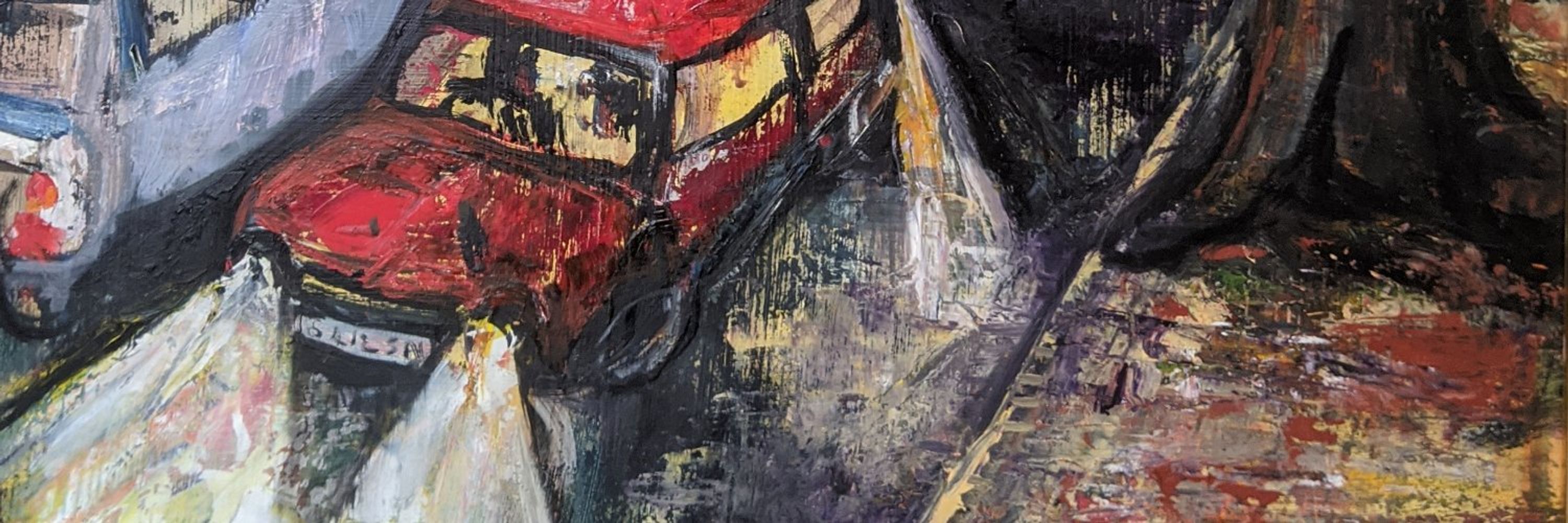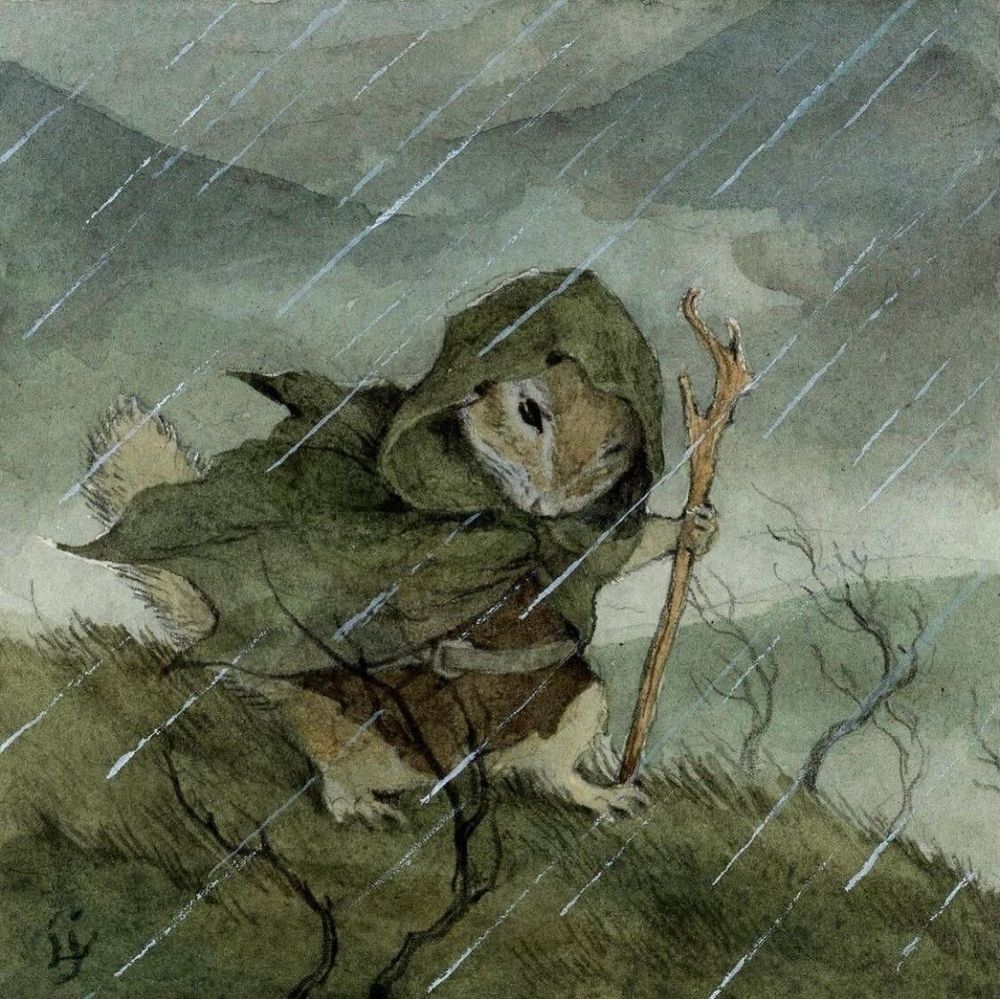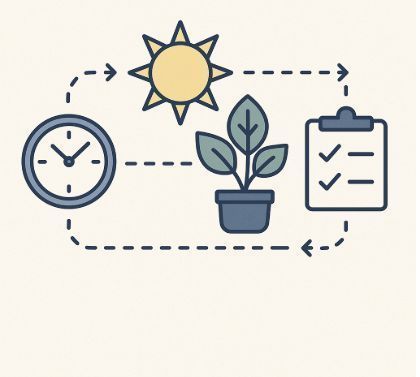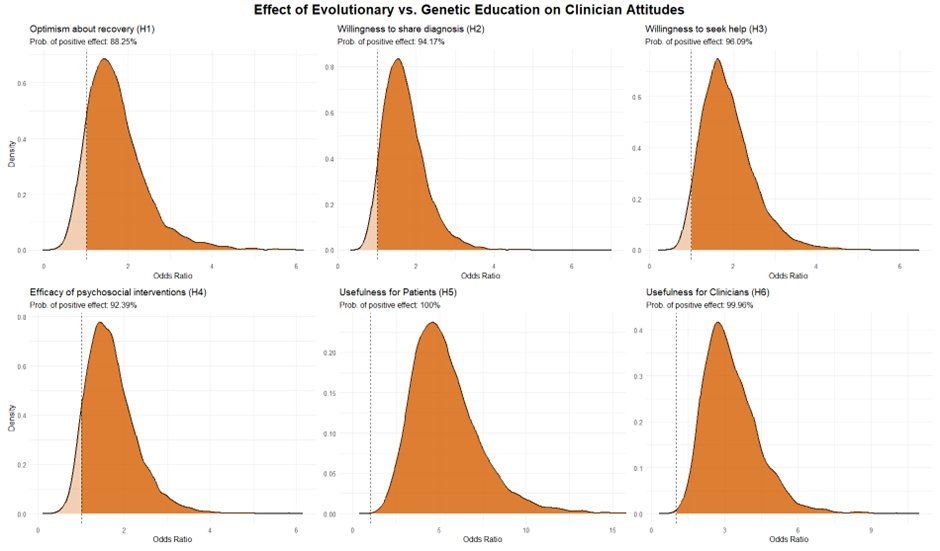


















Randolph Nesse. Educators were psychiatrists-in-training, blinded to study design - including the questionnaires given to participants.


Randolph Nesse. Educators were psychiatrists-in-training, blinded to study design - including the questionnaires given to participants.
“Our findings represent the most robust evidence to date that evolutionary psychiatry offers normalising causal stories with various positive effects, in this case by casting anxiety as a calibrated defence system that can overshoot in contemporary contexts."

“Our findings represent the most robust evidence to date that evolutionary psychiatry offers normalising causal stories with various positive effects, in this case by casting anxiety as a calibrated defence system that can overshoot in contemporary contexts."
Last weekend I crewed one of my best friends as he ran 100 miles, up and down hills on the South Downs, in 26 hours and 45 minutes.
An incredible achievement. Honored to be there for the journey!


Last weekend I crewed one of my best friends as he ran 100 miles, up and down hills on the South Downs, in 26 hours and 45 minutes.
An incredible achievement. Honored to be there for the journey!
A recursive stack of explanations that from near-mode to far-mode causality. From the 'Physical Mechanism' underlying the behaviour, to what the fitness value of a behaviour was from the concrete to the abstract.

A recursive stack of explanations that from near-mode to far-mode causality. From the 'Physical Mechanism' underlying the behaviour, to what the fitness value of a behaviour was from the concrete to the abstract.
I get that it's cool science but.... this research has never really helped anyone right?

I get that it's cool science but.... this research has never really helped anyone right?



